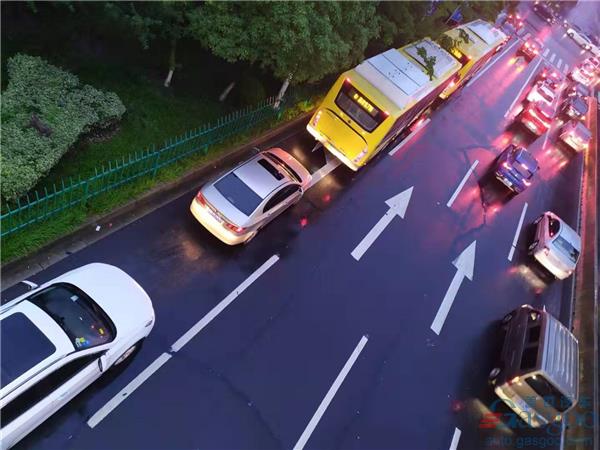China unveils first batch of pilot regions to building of national strength in transportation
Shanghai (ZXZC)- China's Ministry of Transport (MOT) has determined 13 regions as the first batch of pilot regions to the country's ambition of building national strength in transportation, the MOT's spokesperson Wei Dong said on December 9 at a press conference.
The aforesaid 13 regions are the Xiong'an New Area in Hebei Province, Liaoning province, Jiangsu province, Zhejiang province, Shangdong province, Henan province, Hubei province, Hunan province, the Guangxi Zhuang autonomous region, Chongqing, Guizhou province, the Xinjiang Uygur autonomous region and Shenzhen.

Mr. Wei said the government is pushing ahead with the declaration of the second batch of pilot regions. Besides, a system for annual assessment and elimination will be built accordingly in a bid to urge the pilot regions to earnestly implement the development plan.
At the press conference, directors of some pilot regions' transport departments introduced the thinking about how to develop transportation power. For instance, Zhejiang province would highlight infrastructures, innovative technologies, traffic management and transportation services by harnessing its merits in port, modern logistics, digital economy and urban-rural integration.
China's authorities issued in September the Program of Building National Strength in Transportation (the Program) and encouraged eligible regions and companies to carry out pilot construction.
According to the Program, the ambitious building would be basically finished by 2035. At that time, a modern and comprehensive transportation system would have basically taken shape; a developed fast network, a sound trunk network, an extensive basic network, and the coordinated development of transportation in urban and rural areas would have reached new heights;a "national 123 transportation circle" (one-hour commute in urban areas, two-hour travel between the cities of a conurbation, and three-hour reachability of major cities nationwide) and a "global 123 fast movement of goods circle" (one-day domestic delivery, two-day delivery from neighboring countries, and three-day delivery from global major cities) would have been basically established.
In the second phase, national strength in transportation that satisfies the public, provides strong guarantees, and leads the world would have been comprehensively built by the middle of the 21st century, said the Program.

